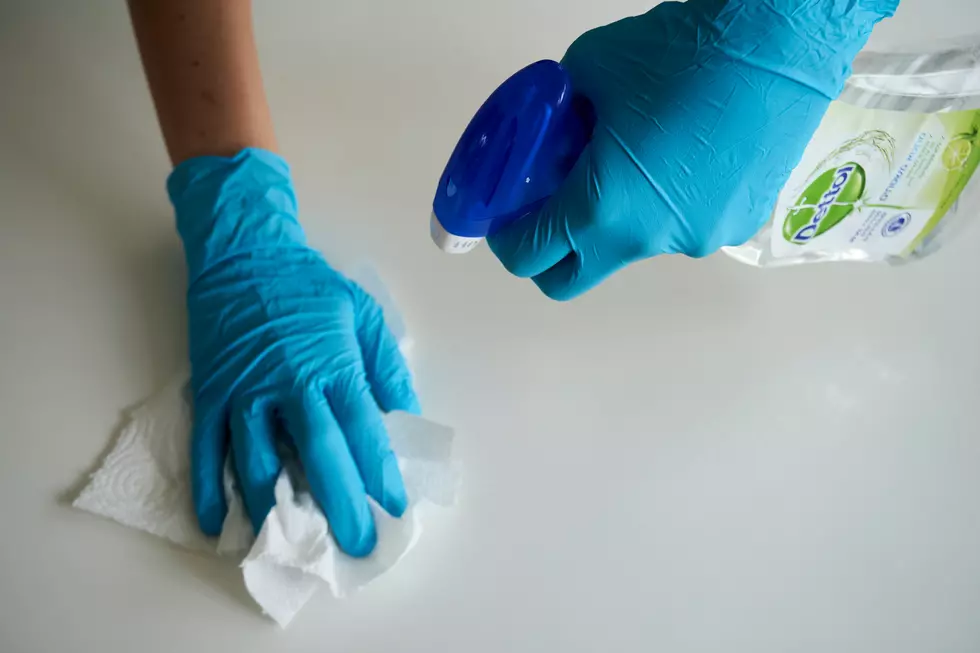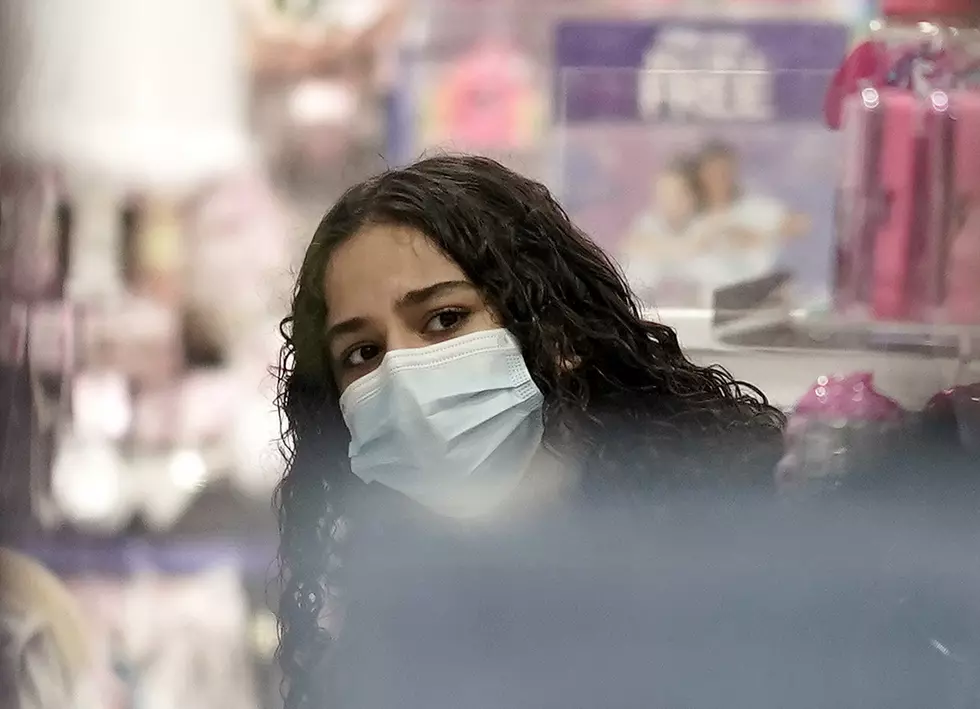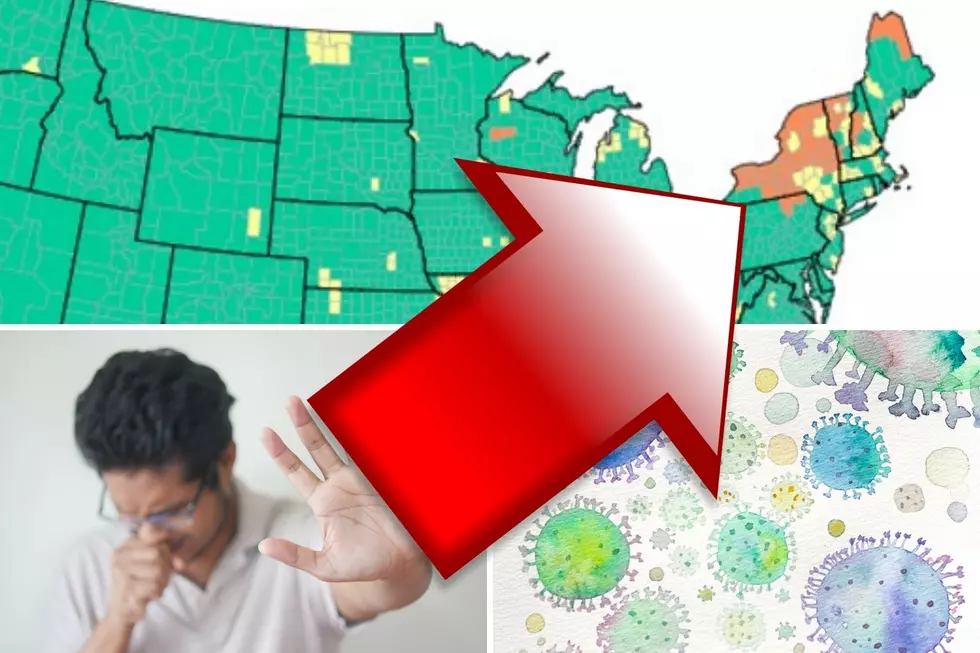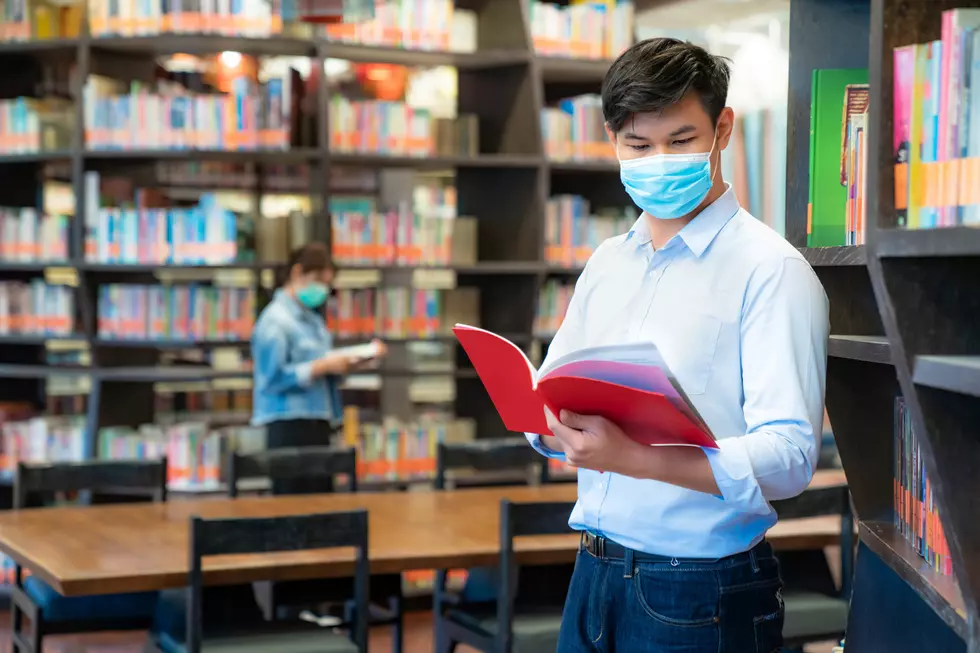
CDC Quietly Changes Covid Cleaning Guidelines
Hmmm, we might not need that plethora of wipes, cleaners, and disinfectant spray taking up prime real estate in our kitchen and bathroom cupboards. The CDC says plain old soap and water will do the job.
On Monday, April 5, 2021, the Center for Disease Control updated or, some would say, drastically changed its cleaning guidelines. The CDC director says cleaning with soap and water or detergent is enough to reduce the risk of spreading COVID on surfaces.

Doctors are changing the emphasis from cleaning with disinfectants to good old fashion soap and water and detergents. They say that's enough to prevent you and your family from catching COVID-19. They encourage you to focus on high-touch surfaces such as doorknobs, tables, handles, light switches, and countertops and clean them daily. But, if someone is sick, then go back to the bleach.
If someone in your home is sick with COVID-19, then you should clean AND disinfect your home. Disinfecting kills any remaining germs on surfaces and reduces the spread of germs. This might require additional personal protective equipment (PPE) (e.g., eye protection).
Syracuse.com reports on the CDC Director Dr. Rochelle Walensky recent press conference:
"The guidelines were updated to reflect the science on transmission. People can be affected by the virus that causes COVID-19 through contact with contaminated surfaces and objects...However, evidence has demonstrated that the risk by this route of infection of transmission is actually low...The main way the coronavirus is spread is through respiratory droplets and that studies have shown the risk of fomite transmission — or transmission through objects — is low compared to “direct contact, droplet transmission or airborne transmission.”
Walensky says, to clean other surfaces in your home when they are visibly dirty or as needed and clean them more frequently if people in your household are likely to get very sick from COVID-19. She does not recommend fogging, fumigation, or wide-area electrostatic spraying due to several safety factors.
We should continue to correctly wash our hands and wear a face mask.
LOOK: Answers to 30 common COVID-19 vaccine questions
While much is still unknown about the coronavirus and the future, what is known is that the currently available vaccines have gone through all three trial phases and are safe and effective. It will be necessary for as many Americans as possible to be vaccinated in order to finally return to some level of pre-pandemic normalcy, and hopefully these 30 answers provided here will help readers get vaccinated as soon they are able.
More From Big Frog 104









